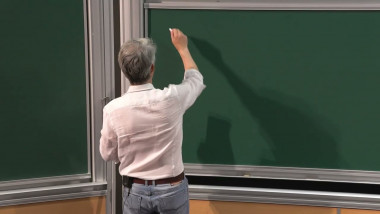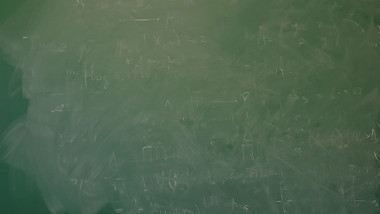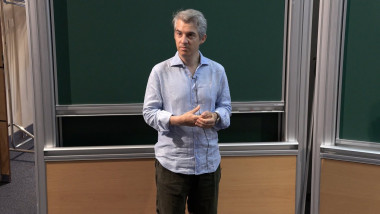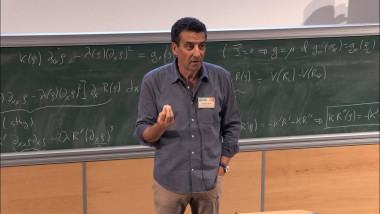Apparaît dans la collection : 2016 - T1 - WS5 - Secrecy and privacy theme
Physical side-channel attacks that exploit leakage emitting from devices are an important threat for cryptographic implementations. A recent trend in cryptography is to construct cryptographic algorithms that are secure given leakage model. Over the past 15 years there has been a number of such models proposed in the literature, starting with the probing model of Ishai et al [CRYPTO 2003], where the computation is modelled as a Boolean circuit, and the adversary can learn a limited number of them. Other models studied in the theory community include the bounded-leakage paradigm [Dziembowski, TCC 2006],[Akavia et al, TCC 2009], theonly computation leaks model [Micali and Reyzin, TCC 2004], the independent leakage model [Dziembowski and Pietrzak, FOCS 2008], the auxiliary input model [Dodis et al, TCC 2010], and many others. Some of these models have been received with skepticism by the practitioners, who often argued that it is much more realistic to model leakage as a noisy function of the secret data. The first model for such noisy leakagewas proposed by Chari et al, [CRYPTO’99], and fully formalized by Prouff and Rivain [Eurocrypt 2013]. Somewhat surprisingly, recently Duc, Dziembowski, and Faust [Eurocrypt 2014] have shown that in fact the noisy leakage model of Prouff and Rivain can be reduced the probing model (i. e. : every noisy leakage function can be simulated be a probing function), which, in particular, greatly simplifies several proofs in the noisy leakage model, and can be viewed as closing the gap between theory and practice in this area. In this talk we will give an overview of the leakage models used in the literature and present the reduction from the Duc et al paper. If time permits we will also talk about the follow-up work of Dziembowski, Faust and Skórski [Eurocrypt 2015].
















